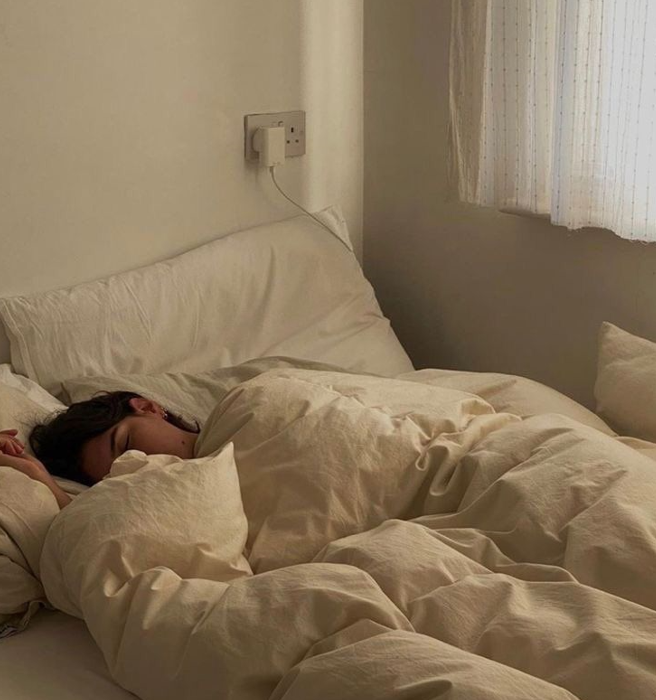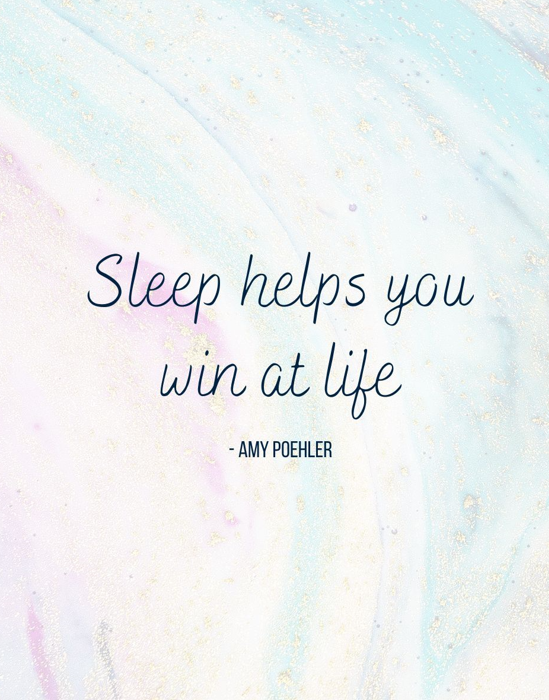Create healthy sleep routines
Try to: Stick to a sleeping schedule. This means getting up at a same time in the morning no matter what time you went to sleep the night before.Short naps of 20 to 30 minutes can help to improve mood, focus and performance. But remember that a nap cannot make up for a lack of night-time sleep.Drink a glass of warm milk or chamomile tea to help you feel drowsy before bed – just make sure to avoid caffeinated drinks like coffee and cola. Avoid: Napping too late in the day. It might affect your night-time sleeping patterns and make...






